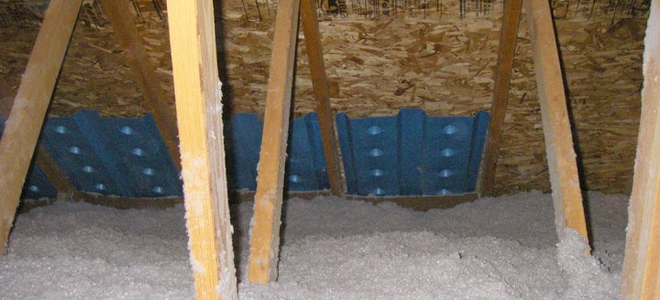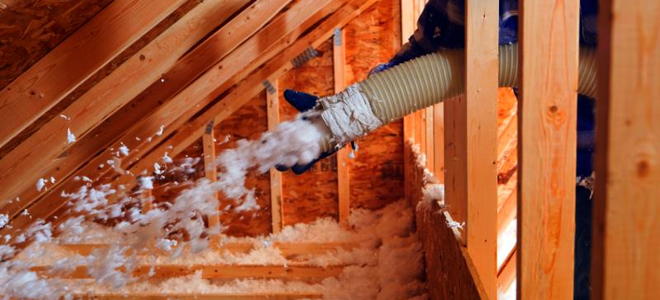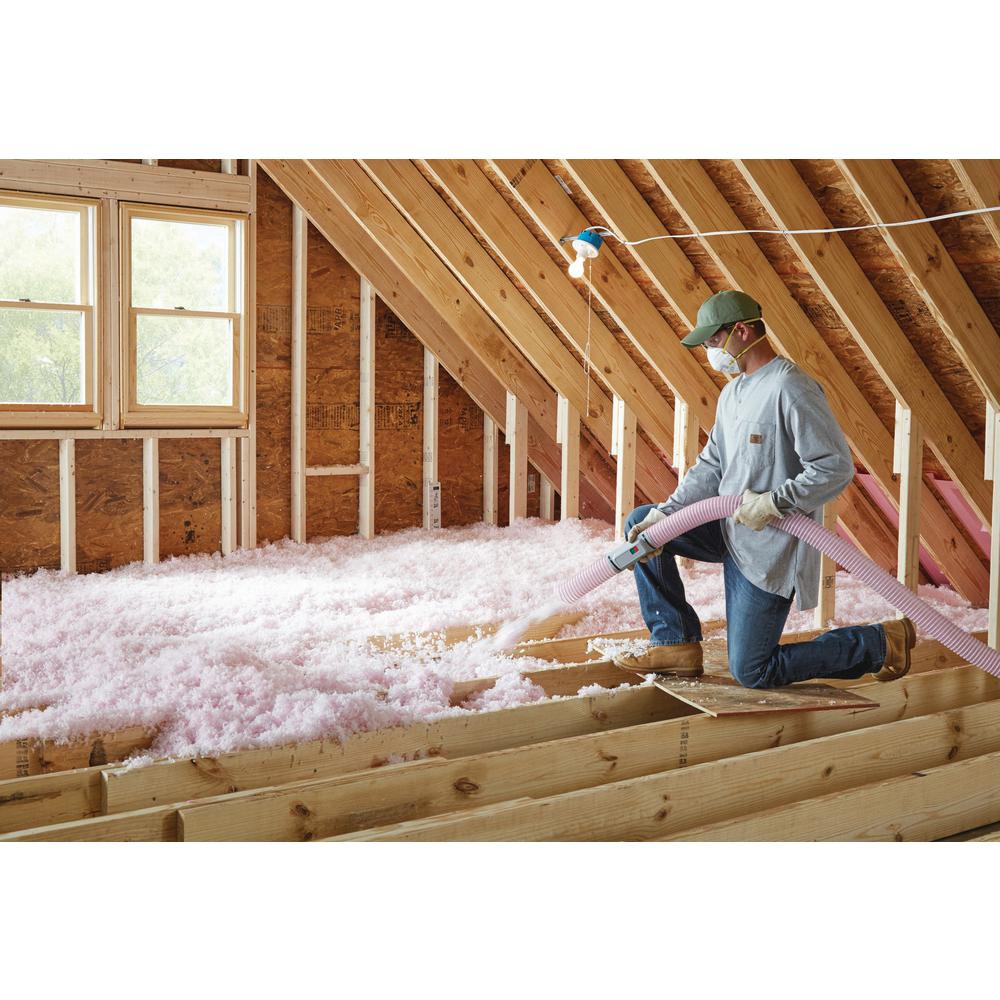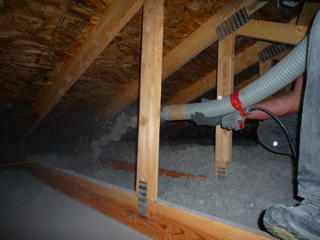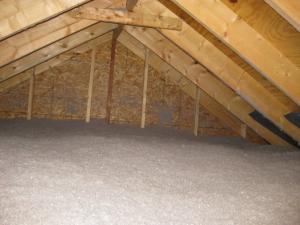Do It Yourself Blow In Insulation For Walls

Bag of greenfiber blown in cellulose insulation creates an energy saving thermal blanket in your walls.
Do it yourself blow in insulation for walls. Blowing insulation into walls is best left to the pros because it involves drilling into stud spaces that may contain electrical. For that reason blown insulation is usually the preferred choice when you have to re insulate a completed wall. Cellulose or fiberglass are commonly used as blown insulation. You will benefit from comfort and savings.
You can put it in your walls attic crawl space and even under the floors. Bag of greenfiber blown in cellulose insulation this 30 lb. Blown in insulation overview. You get a free blown in machine rental with your insulation purchase.
Your best bet is insulating from the outside. It makes adding insulation to your attic a breeze. You can do it yourself for about 500. Handy homeowners can install blown in insulation in the attic.
Blown in insulation is a quick way to add insulation to your home. How much does attic insulation cost. Find spray foam insulation kits at lowe s today. Reducing sound by up to 60 and lowering energy costs by up to 25 this produce fills gaps and voids.
By far the easiest way to add insulation to a completed home with the walls and ceiling already closed up is to blow insulation into the attic. Blowing attic insulation isn t hard but it s dusty sweaty work. Blown in insulation is installed using blowing machines. It s cheaper and easier to create small penetrations in the wall so that the insulation can be blown in.
Removing the wallcovering to insulate the wall cavity just isn t cost effective. It is always recommended to insulate your walls. It is wise to limit to blown in insulation for an existing home unless you have plans for renovations. The pros charge 1 500 to 2 000 to do a 1 200 sq ft.
There are materials and techniques you should investigate before installing wall insulation. We love our diyers so take up our incentive to improve your attic insulation situation yourself. While the process is fairly straight forward some upfront preparation is necessary. It is a very versatile as far as its ease of installation is concerned but the one problem a homeowner can face is installing blown in insulation inside existing walls.


